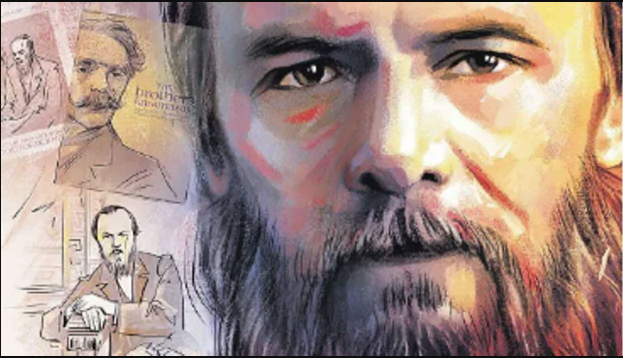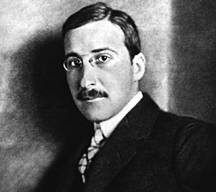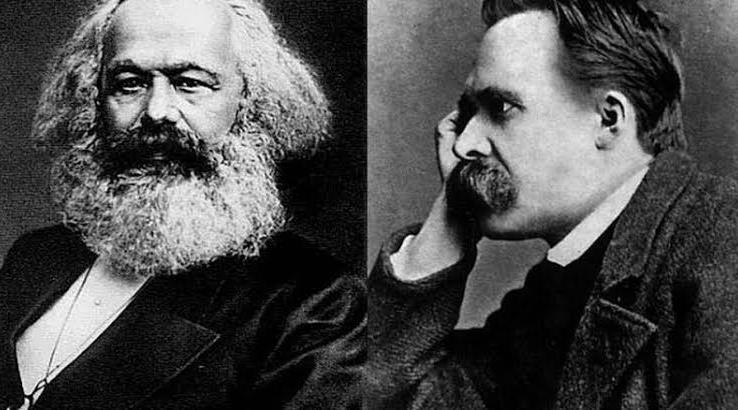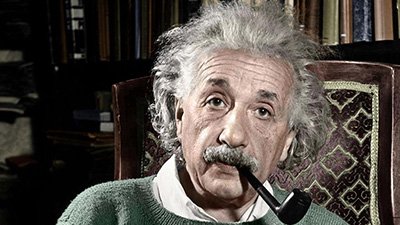At the beginning of his book “Dostoevsky” Andre Gidé quotes Nietzsche’s statement that “Dostoevsky is the only one who has taught me something about psychology”. Indeed, the most important characteristic of the famous writer’s works is his ability to depict the moods of his unique characters so vividly that he is able to portray immortal characters. Irrational behavior, obsessions, indispensable passions, indecisions and dilemmas are the main characteristics of the novel’s characters, even though some critics find them strange.
I love how in some Russian novels the narrator, usually the narrator himself, enters the story by addressing the reader. For example, in Nikolay Leskov’s “The Sealed Angel”: One night there is snow outside, a blizzard, an inn, a lot of people gathered around the stove… And a strange man, a narrator, starts telling the mysterious events that happened to him. As far as I remember, Tolstoy’s “Kreutzer Art” was like that. “White Nights” is like that. A narrator-me who lived the events says, “It was a wonderful night. It was just like the night of our youth, dear reader.” (p. 7) and invites us into the magical world of the story. We are now in Petersburg with him, on that exquisite summer night. Then step by step we enter the inner world of the protagonist…
Loneliness and dreaminess are the main qualities of the hero of “White Nights”. Here is yet another Dostoevsky hero, one of a kind. He feels all alone in the big city, looking for a voice to talk to, a friend to commiserate with, a lover to confide in. But he has never been in public, he is timid towards women, he has never touched a woman’s hand in his life, he does not know how to talk to them… His other characteristic is that he is a dreamer, “I am a dreamer; I live real life so little…” (p. 15) points to this characteristic. And then Dostoevsky begins to describe dreamers. In these lines we hear the familiar voice of the author. Is he telling a little bit about himself?
“To give a precise definition of the dreamer, it would be more appropriate to say that he is an intermediate creature than a human being. He often chooses hellish places to live. He takes refuge there as if he wants to escape the daylight. And when it settles in a corner, it clings to the wall like a slug to a slug.” (pp. 20-21)
And coincidence: This young man, who has never met a woman, meets a girl named Nastenka one night. Gidé draws attention to such quick, accidental acquaintances and sudden love in Dostoevsky’s novels.
Contact has been made. Nastenka is a Dostoevsky heroine in her own right. She, too, is lonely, lives with her grandmother, and has “no one to talk to, no one to consult” (p. 16). Her blind grandmother tied a pin to her skirt to control her. In my opinion, “tying a pin in her skirt” has a symbolic meaning, it expresses the great authority that controls the individual. And the girl – just like the priest in the “Pastoral Symphony” – falls in love with the tenant boy who opens the door of the world to her. I wonder if living in a closed world makes you fall in love at first sight, I guess. The young man admits it. He says, “When I found you, a thousand doors on my head opened. I had been looking for someone for a long time.” (p. 22)
Then the dilemma… The young man is in love with the woman, but he knows that she loves someone else, he even helps her to meet the rival man to make her happy. The young girl loves someone else, but the narrator-hero is so honest, so innocent, that he cannot give her up either. This ‘in-betweenness’ seen in most of Dostoevsky’s heroes is also one of the main themes of “White Nights”.
This is Dostoevsky! The writer of extraordinary moods, extraordinary characters!





